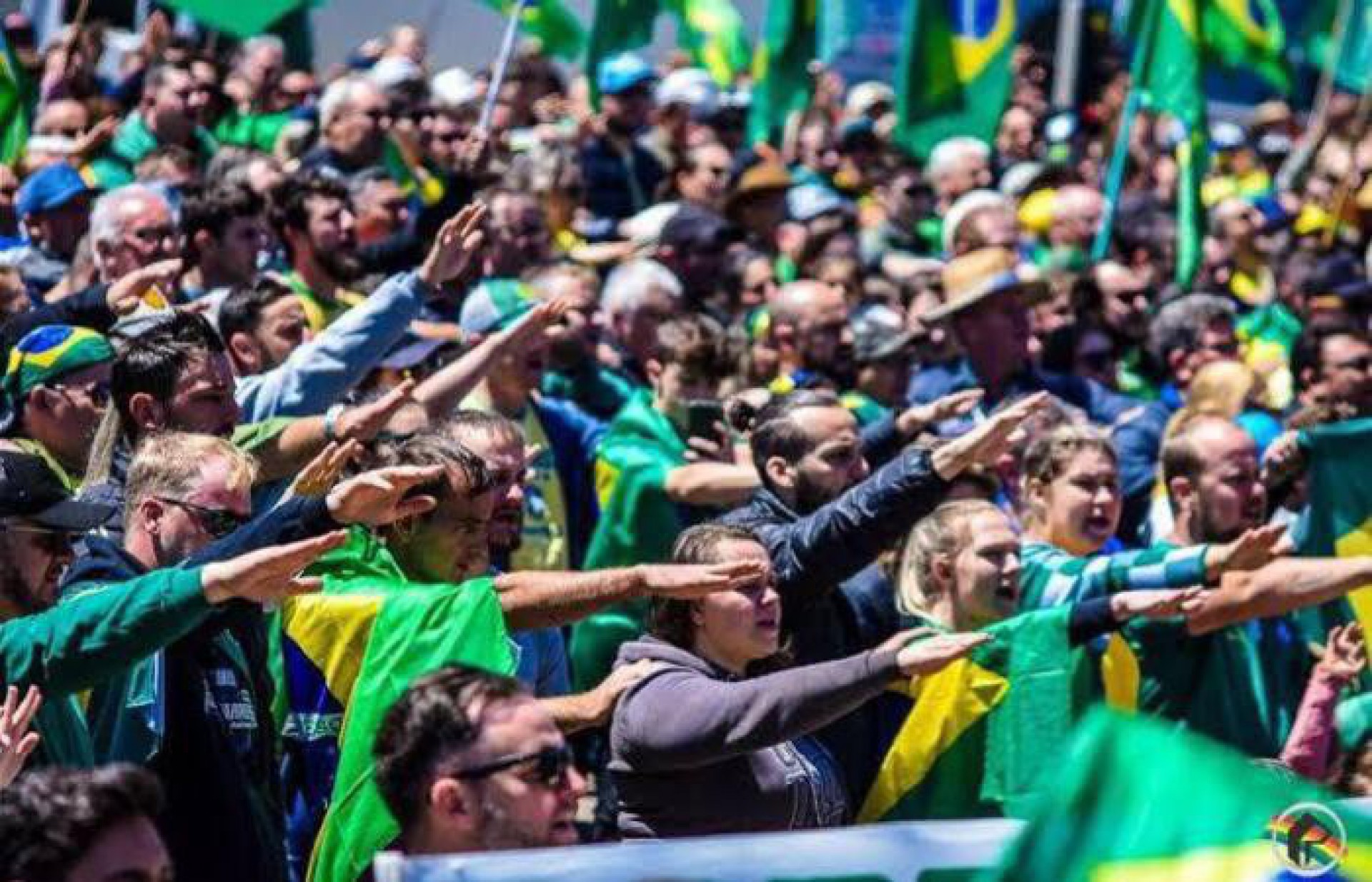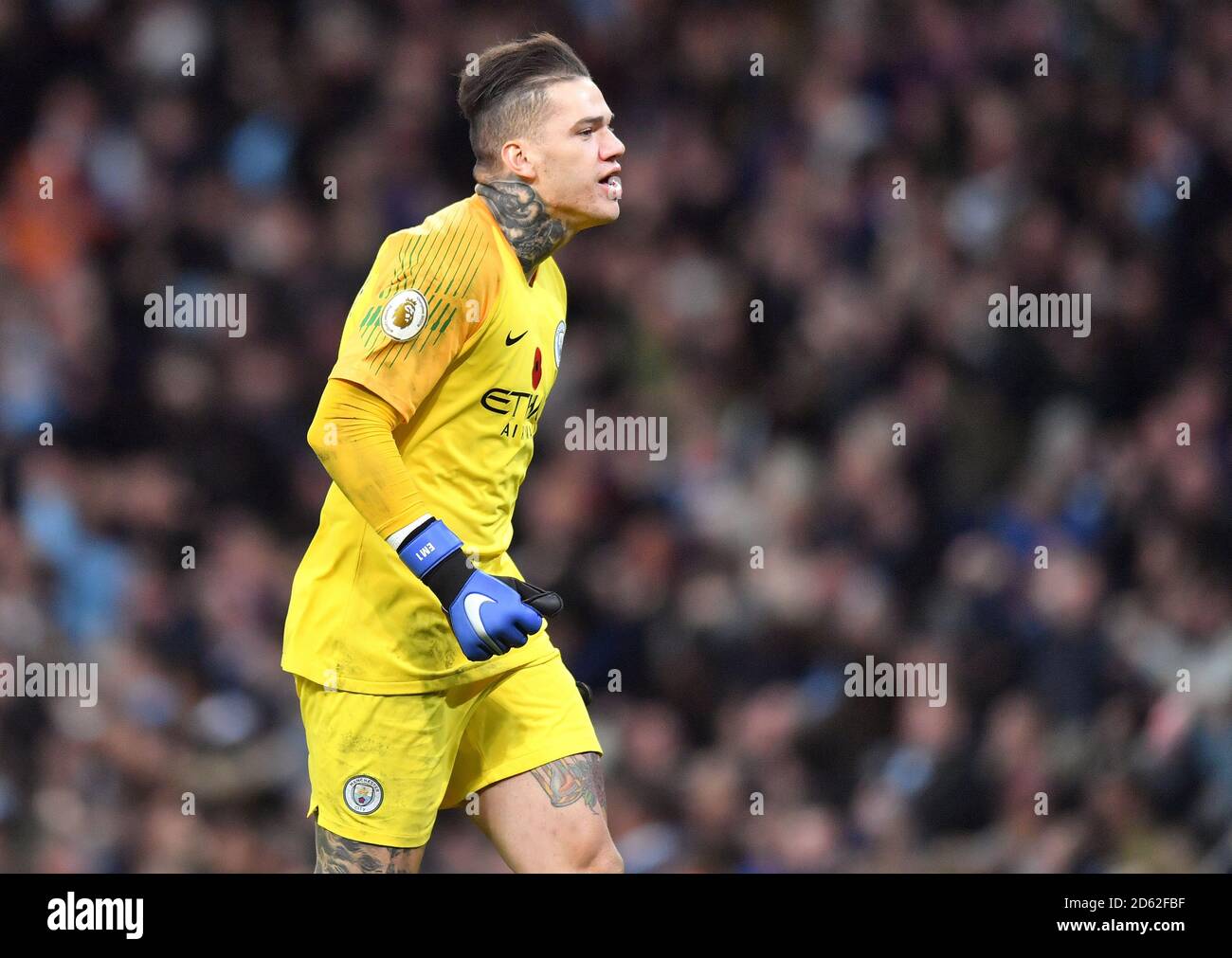Is Manchester City the same as Manchester United? While both clubs represent Manchester and compete in the English Premier League, a closer look reveals a stark contrast in history, ownership, playing styles, and fan culture. From their founding dates and early struggles to their modern-day financial powerhouses and global fanbases, the two clubs have carved distinctly different paths to success.
This exploration delves into the key differences that set these two football giants apart.
This article will examine the historical development of both clubs, comparing their founding, early successes and failures, managerial styles, and key players. We will also analyze their financial structures, contrasting revenue streams, spending habits, and the impact of ownership. Further analysis will cover their playing styles, tactical approaches, and the intense rivalry that defines their relationship, culminating in a comparison of their trophy cabinets and stadium experiences.
Check manchester united home games to inspect complete evaluations and testimonials from users.
Manchester City vs Manchester United: A Tale of Two Cities: Is Manchester City The Same As Manchester United
Manchester, a city renowned for its footballing prowess, boasts two of the most globally recognized clubs: Manchester City and Manchester United. While both share a city and a passionate fanbase, their histories, trajectories, and playing styles differ significantly. This comparison delves into the key aspects that distinguish these two footballing giants.
History and Formation
Understanding the contrasting histories of Manchester City and Manchester United requires examining their founding, early struggles, and key moments that shaped their identities. Both clubs emerged from distinct backgrounds, leading to different initial goals and subsequent evolutions.
Manchester United, originally known as Newton Heath LYR Football Club, was founded in 1878 by Lancashire and Yorkshire Railway workers. Their early years were marked by financial instability and near-bankruptcy, before the arrival of manager Ernest Mangnall ushered in a period of success in the early 20th century. Manchester City, formed in 1880 as St. Mark’s (West Gorton), had a more stable early existence, though their early achievements were less pronounced than United’s.
A timeline highlighting key moments:
- Manchester United: 1878 – Founded as Newton Heath LYR; 1902 – Renamed Manchester United; 1908 – First League title; 1927 – First FA Cup; 1958 – Munich air disaster; 1968 – European Cup victory; 1999 – Treble (Premier League, FA Cup, UEFA Champions League).
- Manchester City: 1880 – Founded as St. Mark’s (West Gorton); 1894 – Became Manchester City; 1934 – First League title; 1956 – First FA Cup; 1969 – League Cup victory; 2012 – Premier League title; 2019 – Premier League title.
Early managers and players played crucial roles in shaping the clubs’ identities. A comparison is provided below:
| Club | Early Manager(s) | Significant Early Players |
|---|---|---|
| Manchester United | Ernest Mangnall, Matt Busby | Bobby Charlton, Denis Law, George Best |
| Manchester City | John Cameron, Wilf Wild | Billy Meredith, Eric Brook, Frank Swift |
Ownership and Finances
The ownership structures and financial situations of Manchester City and Manchester United have significantly impacted their development and success. Both clubs have experienced periods of relative stability and significant financial investment.
- Manchester United: Initially a club owned and operated by its members, Manchester United transitioned to public ownership in 1991. The Glazer family’s acquisition in 2005 has been a source of both financial strength and fan discontent. Revenue streams are primarily driven by broadcasting rights, commercial deals, and matchday revenue. Spending habits have been characterized by a mix of shrewd signings and high-profile acquisitions.
- Manchester City: The Abu Dhabi United Group’s takeover in 2008 marked a dramatic shift in the club’s financial capabilities. Significant investment in players and infrastructure has propelled City to the top of English football. Revenue streams are similar to United’s, but with a higher emphasis on commercial deals, fueled by global brand building. Spending habits have been characterized by significant investment in top talent.
In short, Manchester City’s ownership has enabled far greater financial resources and spending power than Manchester United.
Playing Style and Tactics, Is manchester city the same as manchester united
The playing styles and tactical approaches employed by Manchester City and Manchester United have evolved significantly over time, reflecting changes in managerial philosophies and player personnel.
- Manchester United: Historically known for a counter-attacking style and a focus on strong midfield play, under Sir Alex Ferguson, the team incorporated a more possession-based approach. Recent managers have experimented with different tactical systems, often incorporating a high press and fluid attacking movements.
- Manchester City: Under Pep Guardiola, Manchester City’s playing style is characterized by intricate passing, positional fluidity, and high pressing. This style emphasizes possession, quick transitions, and creating overloads in attacking areas. Historically, City’s style has been more varied, but the Guardiola era has defined a distinct, possession-dominant approach.
A classic example of contrasting styles would be a comparison of a Guardiola-era City versus a Ferguson-era United; the stark difference in possession-based versus counter-attacking approaches would be evident.
Fan Base and Rivalries

The fan bases of Manchester City and Manchester United differ in size, demographics, and historical context, fueling the intense rivalry between the two clubs.
Manchester United boasts a globally extensive fanbase, a legacy of their success under Sir Alex Ferguson. Manchester City’s fanbase has grown exponentially since the Abu Dhabi takeover, though it remains smaller than United’s. The rivalry is rooted in geographical proximity, contrasting histories, and the inherent competition for city dominance. Matches between the two teams are characterized by an electrifying atmosphere, with passionate fans from both sides creating an intense and often boisterous environment.
Achievements and Trophies
Both Manchester City and Manchester United have achieved significant success in domestic and European competitions, but their trophy cabinets tell different stories.
- Manchester United: 20 League titles, 12 FA Cups, 5 League Cups, 3 European Cups/Champions Leagues.
- Manchester City: 8 League titles, 7 FA Cups, 8 League Cups, 1 European Cup/Champions League.
While Manchester United holds a clear advantage in terms of historical achievements, Manchester City’s recent dominance in the Premier League highlights a shift in the balance of power.
| Competition | Manchester United Wins | Manchester City Wins | Draws |
|---|---|---|---|
| Premier League | 13 | 8 | 11 |
| FA Cup | 12 | 7 | 5 |
| League Cup | 5 | 8 | 2 |
Stadiums and Infrastructure
Both clubs play in iconic stadiums that reflect their history and ambition. The stadiums and their surrounding infrastructure contribute significantly to the matchday experience.
Old Trafford, Manchester United’s home, is a sprawling stadium with a rich history and a capacity exceeding 74,000. The atmosphere is characterized by a roar of sound and a sea of red. The Etihad Stadium, Manchester City’s home, is a modern, purpose-built arena with a capacity of around 55,000. The atmosphere is equally vibrant, though with a more modern feel and a distinct blue hue.
Ultimately, while both Manchester City and Manchester United share a city and compete at the highest level of English football, they are far from identical. Their distinct histories, ownership structures, playing philosophies, and passionate fan bases have forged unique identities. The rivalry between them fuels a captivating narrative in English football, showcasing two contrasting approaches to success and demonstrating the complex tapestry of the sport.


